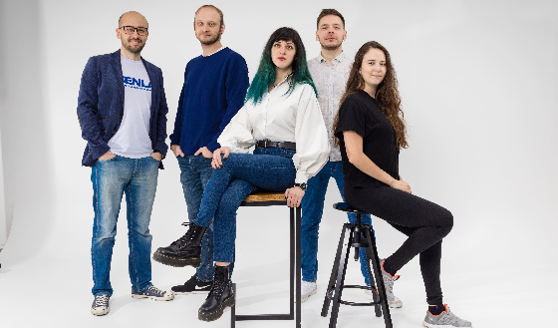Custom CRM Solution Development for Insurance Company
- CRM Consulting and SI Custom Software Development IT Staff Augmentation
- Confidential
- Sep. 2023 - Ongoing
"What stands out about SENLA is their deep understanding of our business."
- Insurance
- Germany
- 201-500 Employees
- Online Review
- Verified
SENLA has built a custom CRM solution for an insurance company. The system includes modules for client and policy management, claims processing, and a configuration tool. The client uses Angular and Java.
SENLA has delivered an intuitive and user-friendly CRM system, which the client has rolled out to their team. The team follows Agile methodologies and has a structured process that keeps the project on track. Moreover, they have a deep understanding of the client's business and needs.


